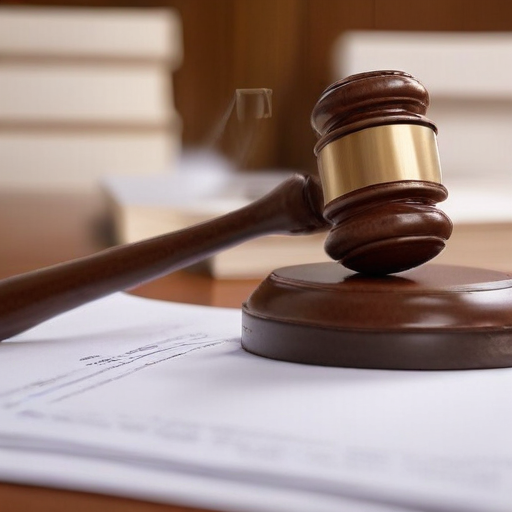Pete Hegseth, nominated by President-elect Donald Trump to serve as Secretary of Defense, faced intense scrutiny during his Senate Armed Services Committee confirmation hearing. The 44-year-old Army National Guard veteran and former co-host of Fox and Friends Weekend has been under fire for a range of allegations, including financial mismanagement, potential alcohol abuse, and a past sexual misconduct claim.
During the hearing, key concerns were raised by Democratic senators regarding Hegseth’s character and qualifications to lead the Department of Defense, a position critical to national security and military readiness. Senator Jack Reed, the committee’s ranking Democrat, questioned Hegseth’s ability to handle the complex issues facing the Pentagon, particularly in light of ongoing geopolitical threats like the actions of China and Russia. Reed cited alarming allegations from Hegseth’s past, such as excessive spending during his tenure at Veterans for Freedom, and expressed doubt about whether Hegseth could gain the trust of a diverse military comprised of various political and ideological backgrounds.
Hegseth attempted to address these concerns, describing the accusations against him as part of a “coordinated smear campaign.” He acknowledged his past shortcomings but reiterated his commitment to reforming the military and refocusing on readiness. Additionally, he highlighted his intent to reverse policies he characterized as “woke” at the Pentagon, which sparked further debate about the impact of diversity within the armed forces.
The hearing included discussions about Hegseth’s views on women in combat, with some senators expressing hesitation about his past statements on the subject. Despite these ongoing concerns, there was a sentiment among some Republican senators, including Roger Wicker, that Hegseth’s unconventional background could bring fresh perspectives to the Pentagon.
As the confirmation process unfolds, Hegseth’s fate remains uncertain. While some Senate Republicans seem supportive, crucial decisions will hinge on public opinion and the results of further scrutiny from the Democratic side. Overall, the hearing represents a critical moment for confirming a defense secretary whose policies and leadership will shape military operations and strategies in a rapidly evolving global landscape.
The process may reflect broader divisions in American politics but also underscores the importance of having strong leadership in defense roles to ensure national security and military effectiveness.
